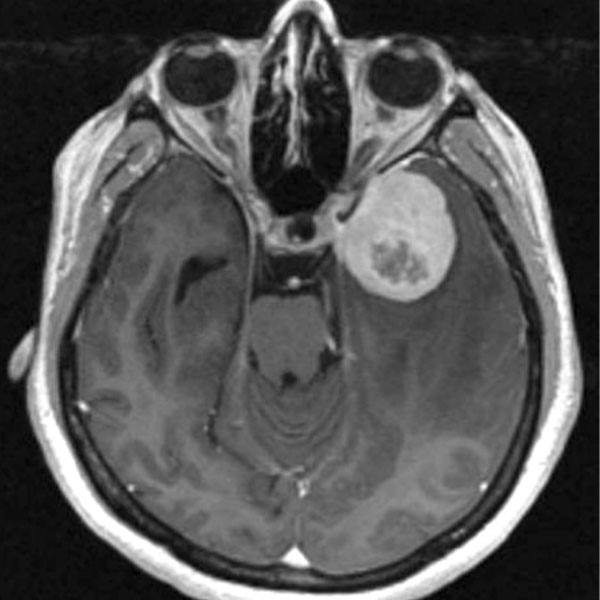-

Mayo Clinic IDs Genes That Predict Whether Trastuzumab Will Work for Breast Cancer Patients
SAN ANTONIO, Texas — Adding the drug trastuzumab to chemotherapy prevents cancer recurrence and improves survival in a large number of women with early stage HER2-positive breast cancer. But trastuzumab does not stop tumors from returning in about 25 percent of patients — and oncologists haven't been able to identify these women before treatment. This situation may soon change, according to a Mayo Clinic study being presented at the 2012 CTRC-AACR San Antonio Breast Cancer Symposium.
VIDEO ALERT: Video of Dr. Perez is available on the Mayo Clinic News Network.
A team of U.S. researchers, led by oncologists at Mayo Clinic's campus in Florida, have discovered 27 genes that are significantly associated with a good outcome with concurrent use of trastuzumab and chemotherapy, as well as five other genes linked to a poor outcome using the same treatment regimen.
Results of their study — believed to be the first to use gene expression profiling to predict outcome to trastuzumab as part of adjuvant breast cancer therapy — offer a number of future potential benefits, says Edith Perez, M.D., deputy director at large of the Mayo Clinic Comprehensive Cancer Center and director of the Breast Cancer Translational Genomics Program at Mayo Clinic.
"These findings also are getting us closer to unraveling the biological factors that are relevant to patient outcome, which will help us improve clinical care," Dr. Perez says.
For example, the discovery may help scientists devise a genetic test that can help oncologists select the best treatment for their HER2-positive patients, she says.
Further analysis will illuminate the inner biological workings of individual HER2-positive tumors, which could provide clues for novel treatments, Dr. Perez adds. The researchers have already found that the genes linked to outcome can be grouped into different categories that affect tumor functioning, such as cell cycle, cell death, cell receptor signaling, and gene transcription.
Dr. Perez and her team plan to validate their findings through collaborations with researchers in the United States and Europe who have led other trastuzumab clinical studies.
"We are on our way to developing a predictive test that can define the right treatment for individual patients, and that is very exciting," she says.
The study was funded by grants from the National Cancer Institute and Mayo Clinic, with further support from the Breast Cancer Research Foundation and the 26.2 with Donna Foundation. The N9831 clinical trial was conducted by the North Central Cancer Treatment Group, now part of the Alliance for Clinical Trials in Oncology. Dr. Perez is a group vice chair for the Alliance.
The study's co-authors include researchers from Mayo Clinic's campuses in Florida, Minnesota and Arizona, Indiana University, Dana-Farber Cancer Institute, the University of Washington, and Ventana Medical Systems-Roche in Tucson, Ariz.
The Alliance for Clinical Trials in Oncology is a national clinical trials network sponsored by the National Cancer Institute that consists of a network of nearly 10,000 cancer specialists at hospitals, medical centers, and community clinics across the country and Canada. The Alliance is dedicated to developing and conducting clinical trials with promising new cancer therapies, and utilizes the best science to develop optimal treatment and prevention strategies for cancer, as well as researching methods to alleviate side effects of cancer and cancer treatments. To learn more about the Alliance, visit the Alliance website.
Media Contact: Joe Dangor, 507-284-5005 (days), newsbureau@mayo.edu
Paul Scotti, 904-953-2299 (days), scotti.paul@mayo.edu







